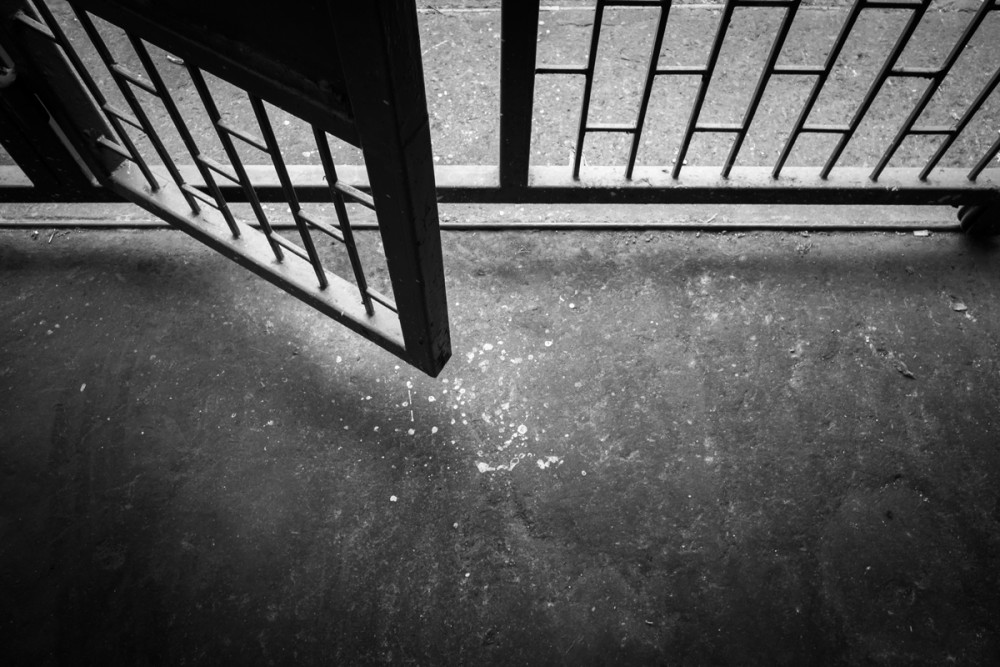What mercy in the criminal justice system could look like
What if all were extended the gift of a second chance?

I first met Shon Hopwood shortly after his appointment as professor at Georgetown University Law Center. His improbable story is well chronicled elsewhere: Dropped out of college. Committed five armed bank robberies. Served more than a decade in federal prison, from where he wrote two successful petitions for review to the US Supreme Court. Accepted into the University of Washington School of Law. Passed the bar exam. Won awards. Served a prestigious clerkship.
All these pieces of his remarkable journey are eclipsed by Hopwood’s current passion—establishing channels of mercy within a criminal justice system that’s all but given up on rehabilitating felons.
Hopwood never heard the word rehabilitation spoken during his entire incarceration. “We were constantly told explicitly and implicitly that we were garbage. Worthless trash. Nothing about our lives mattered except that we deserved continual punishment.” Over a recent lunch, Hopwood asked a few of us to imagine what life would be like had we never been given a second chance by any superior in our lives. He asked us to imagine every fresh opportunity available to us being crushed because of some personal wrong. If every parent, grandparent, teacher, coach, or employer of ours had refused to grant us any break after mistakes made, we’d be completely broken and lifeless people.




